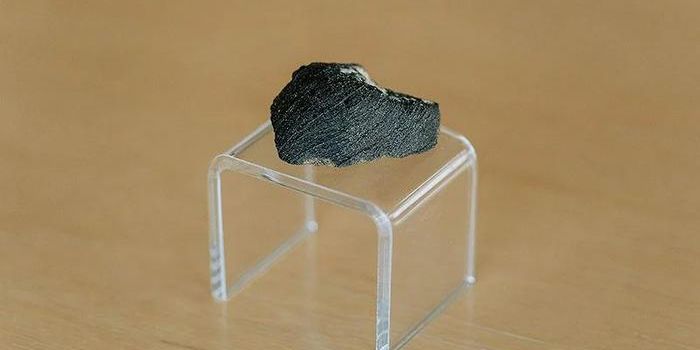Online Program Improves Bilingual Education
Knowing more than one language has been associated with lifelong advantages including the enhancement of communication skills to boosting professional networks and the improvement of cognitive effects of aging. Now, scientists at the University of Washington found that children born to parents who are monolingual can learn a second language much faster but the change is how to expand their program.
The answer to that is creating a software program that could train language tutors online how to teach babies. Yes, that's right it's as simple as just taking an online class.
"We knew our research-based method worked to boost second language skills rapidly in infants, without negatively affecting their first language, but the question was, how can we train people worldwide to use it? Here, we show that online training works," said Naja Ferjan Ramírez, the lead author of both studies who is a new assistant professor of linguistics at the UW and a former I-LABS research scientist.
The study was built on previous research on whether infants can learn a second language if exposed to an early education center. Findings showed that bilingual teaching among infants led to sustained English-language comprehension and vocabulary-building. Researchers believe that the technique could be scaled up to serve more economically diverse children.
Results were described in the journal Mind, Brain, and Education and examines 280 children at four infant education centers in Madrid, Spain.
The software program, known as SparkLing, is hoping to explore how to spread benefits of bilingual education to a diverse population and reach tutors 24/7 from where they live.
Learn more about the benefits of a bilingual brain:
"Parents worldwide have a common problem: They want their children to speak a second language, but many don't speak that language themselves. We know that zero to 5 is a critical age, a window of opportunity for second language learning, and our newest study shows that when teachers in early education classrooms are trained online to use our method and curriculum, children's learning seems almost magical," said Kuhl, who is also a UW professor or speech and hearing sciences.
Source: Science Daily









